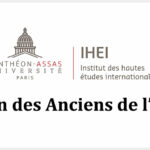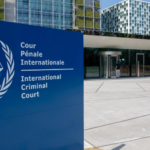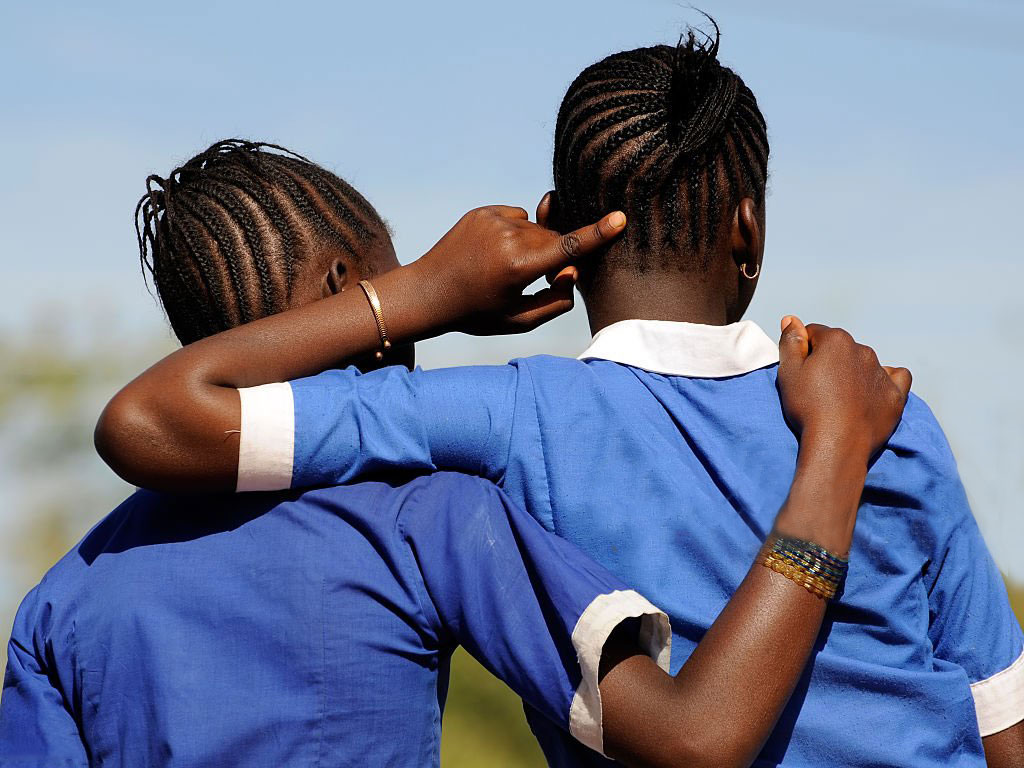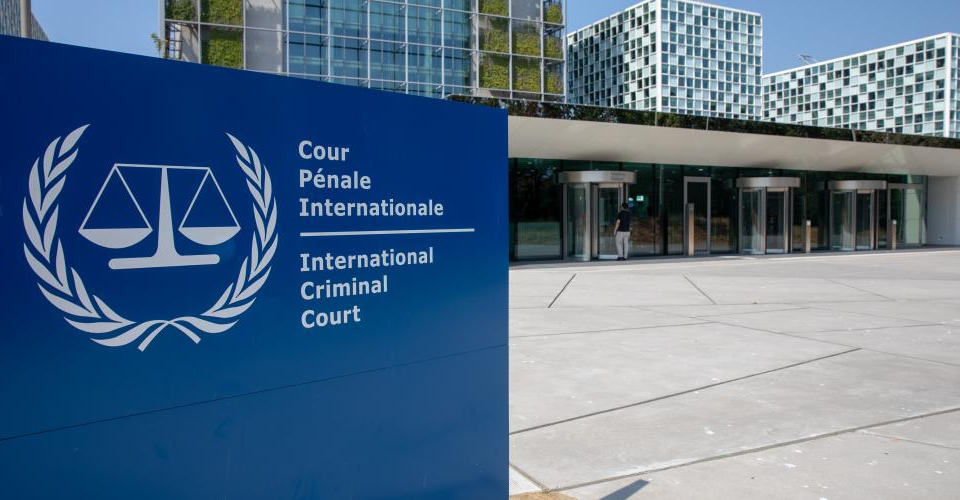
Conférence – Leçon des Anciens de l’IHEI
18 March 2024
Podcast : Sarah Sameur sur France Culture – Affaire Ali Kushayb : un procès pour le Darfour
18 December 2024
Conférence – Leçon des Anciens de l’IHEI
18 March 2024
Podcast : Sarah Sameur sur France Culture – Affaire Ali Kushayb : un procès pour le Darfour
18 December 2024
Testimonial : Sarah SAMEUR, lawyer member of the Alliance des Avocats pour les Droits de l’Homme (AADH, « Alliance of lawyers for human rights »)
Publié le 1er aout 2023
"I wouldn’t feel like a full citizen if I didn’t provide, even on the smallest scale, free legal assistance. I believe it is the role of every lawyer and a way to be in tune with my values."
Sarah Sameur
Interview conducted by Elisa Pothée for the AADH on Friday the 28th of July 2023.
Founding partner of Demain Avocats, Maître Sameur took the oath in 2019.
On top of project financing and human rights in business transactions, she also works in the field of immigration and asylum law, motivated by her dedication to fundamental freedoms. Let’s have a look back at her most memorable case since she became a member of the Alliance. The Alliance des Avocats pour les Droits de l’Homme – the first pro bono platform in France – brings lawyers together throughout the world since 2009 to help associations and NGO. The Alliance represents associations in legal proceedings, as well as victims of breaches of their fundamental rights.
Elisa Pothée : Who are you ? How long have you been a lawyer ?
Sarah Sameur : My name is Sarah Sameur, founding partner of Demain Avocats since January 2023. I took the oath before the Cour d’Appel de Paris (Paris court of appeal) in 2019. I work in a practice I like to consider as a « human-size boutique law practice » aiming to build bridges between business law and human rights. My two areas of expertise are impact project financing regarding human rights and human rights in business transactions. I also work in the field of immigration and asylum law, because fundamental freedoms are one of my major concerns.
E.P. : How did you learn about the Alliance? How long have you been a member?
S.S. : I heard of the Alliance through a Linkedin podcast on the human rights platform. I have been a member of the association since the end of 2021, that is eighteen months ago.
E.P. : What kind of cases do you deal with?
S.S. : I mostly handle cases regarding unaccompanied minors and asylum seekers.
E.P. : Do you have any remarkable case in mind you can tell us about?
S.S. : The most memorable case for me is the last one I handled with the Alliance. I had to assist a young Malian girl who had fled from her country when she was 14, with her cousin. She has suffered genital mutilations and was under the threat of a forced marriage if she went back to her country.
What was both touching and complicated in her journey was the fact that she didn’t apply for asylum within the six months following her entry into the territory, but she was “taken in” by a member of her family, who ill-treated her.
She however enrolled in high school, where she met members of an association who advised her to apply for asylum. Therefore, she needed assistance to write the account of her life and represent her before the OFPRA (French office for refugees protection).
When preparing an application for asylum, I think it is paramount for a lawyer to help the asylum seeker write a detailed account of life, so that he/she can have more credibility before the protection officer. The asylum seeker must be prepared to give exact details of the persecutions he/she suffered, of the family, social and economic environment, in other words provide a consistent story so that the agent can understand and clearly see the connection between the seriousness of the threat and the explanation given.
My role is also to help the ad hoc administrator, the requesting association and the asylum seeker strengthen the case.
For instance, I think that medical certificates are necessary to confirm the account of life. Similarly, my client was pressured by her family on Whatsapp to get married against her will, so I provided anonymized screenshots of these conversations.
Her parents, who wanted nothing to do with her anymore, gave a delegation of parental authority to the person she was staying with in France. Again, I felt this information was important and had to be brought to the OFPRA’s attention to emphasize the difficulties she went through.
I also helped this young girl provide documents proving she was attending high school and was a serious pupil, in order to demonstrate her wish to settle in France on a long-term basis.
Besides, my role during the interview is to express observations before the OFPRA officer to point out any information that might be unnoticed. For instance, in this last case, it was noteworthy to understand that, though this young girl was summoned four days after she reached her majority, she was a minor when she went through her hardships. So I emphasized this point to the protection officer.
Finally, I think that the role of a lawyer is to classify the facts from a legal perspective. In that respect, I refer in my observations to the 1951 Convention relating to the status of refugees. In a few sentences, I reiterate the grounds for the asylum application. It takes research work to find detailed data and statistics on the serious threat received by our client.
I was very pleased that the refugee status was finally granted to this young girl.
E.P. : Why do you work on these cases ?
S.S. : The stories behind these cases are touching. I show empathy while keeping a distance with my clients to give the best advice. My empathy doesn’t make me less objective, but I always try to build a relationship of trust with them. That way, I show them that they can be totally open, that I won’t judge them and that I believe them.
E.P. : Why do you do pro bono work ?
S.S. : I do pro bono work because I have been voluntarily and civically engaged with associations and NGO ever since I became an adult. Civic engagement is the bedrock of my daily life. If I can put my technical and legal expertise to good use by defending vulnerable people who don’t have the tools nor the financial means to defend themselves, it’s a victory.
E.P. : How does the AADH help you in your pro bono work ?
S.S. : The AADH brings me support and guidance. If I have any questions, I can contact you and get quick answers. Thanks to the AADH, I made wonderful encounters, I even feel like I’m part of a family. It’s nice to discuss with people who share the same values and fight the same battles as me. The AADH also gives me access to new knowledge and training courses.
E.P. : Would you recommend the Enfance Précarité Zéro program (“no precariousness for children”) to fellow lawyers?
S.S. : Yes, absolutely. It’s very rewarding on a personal level, you learn a lot about the resilience minors are capable of and also about yourself and your capacity to take a step back, remain objective and be the voice of others.


